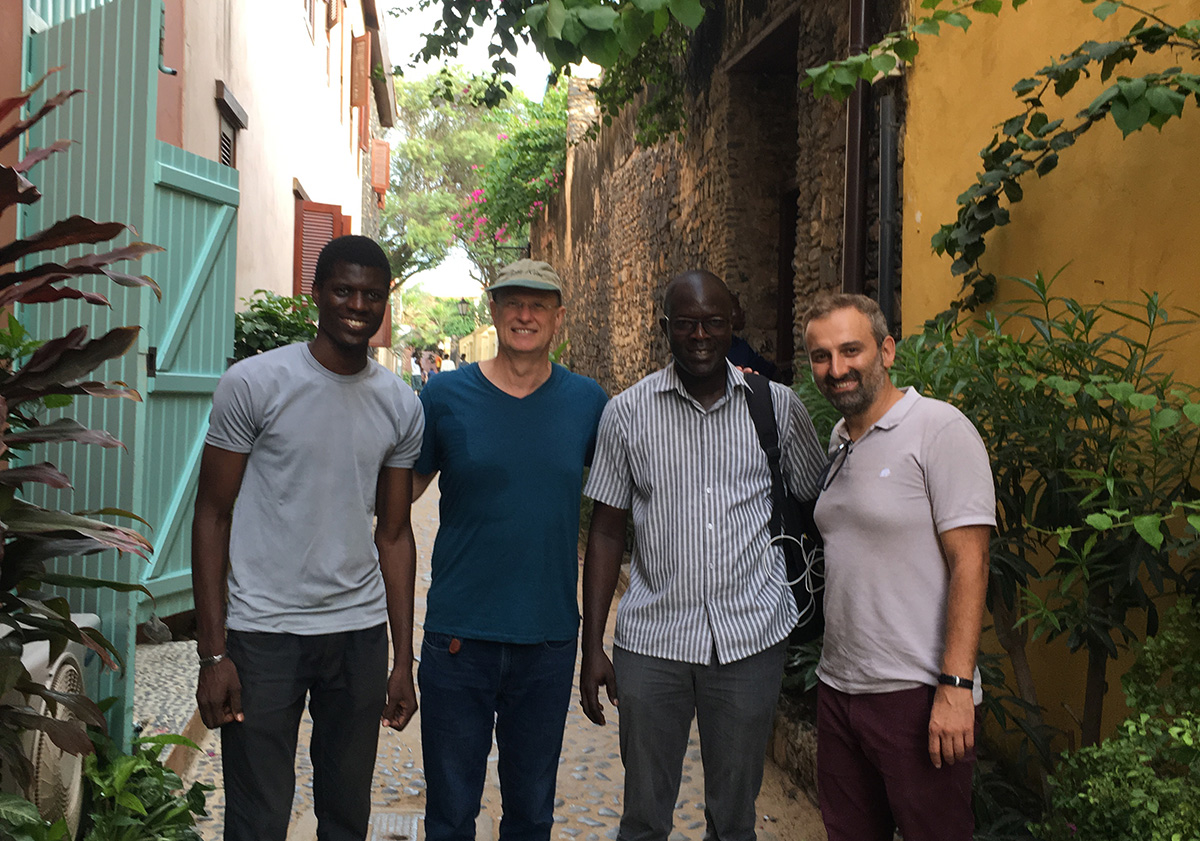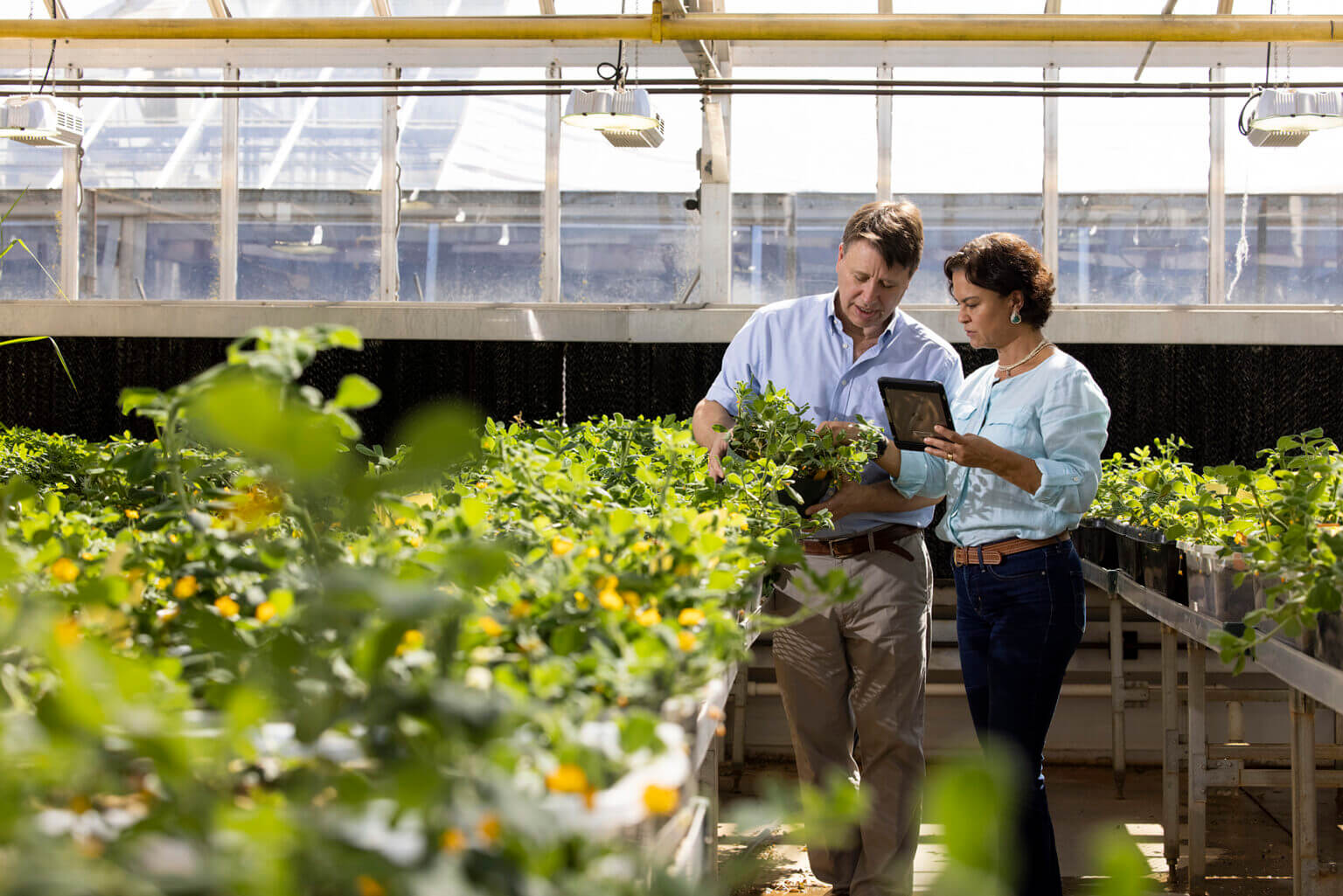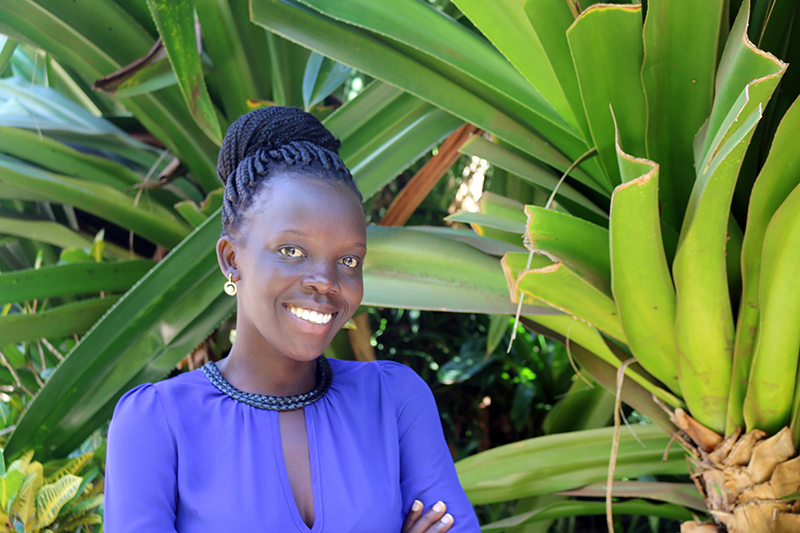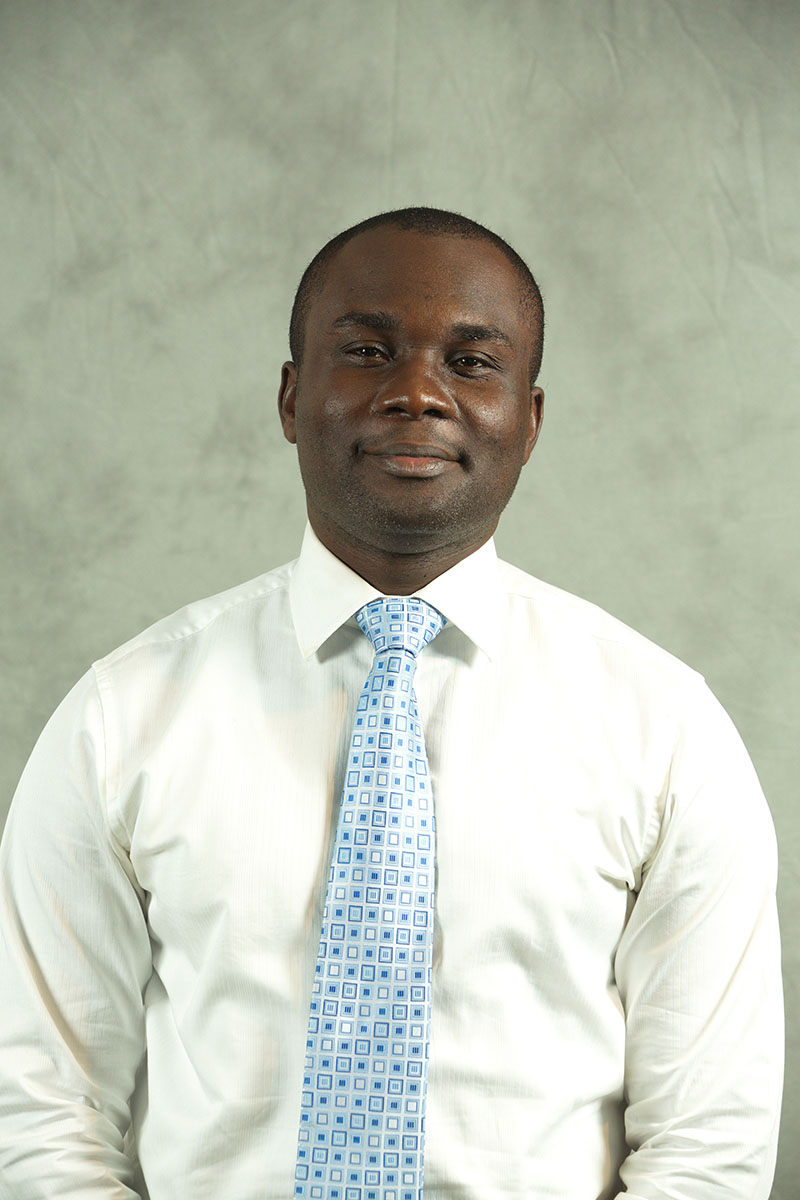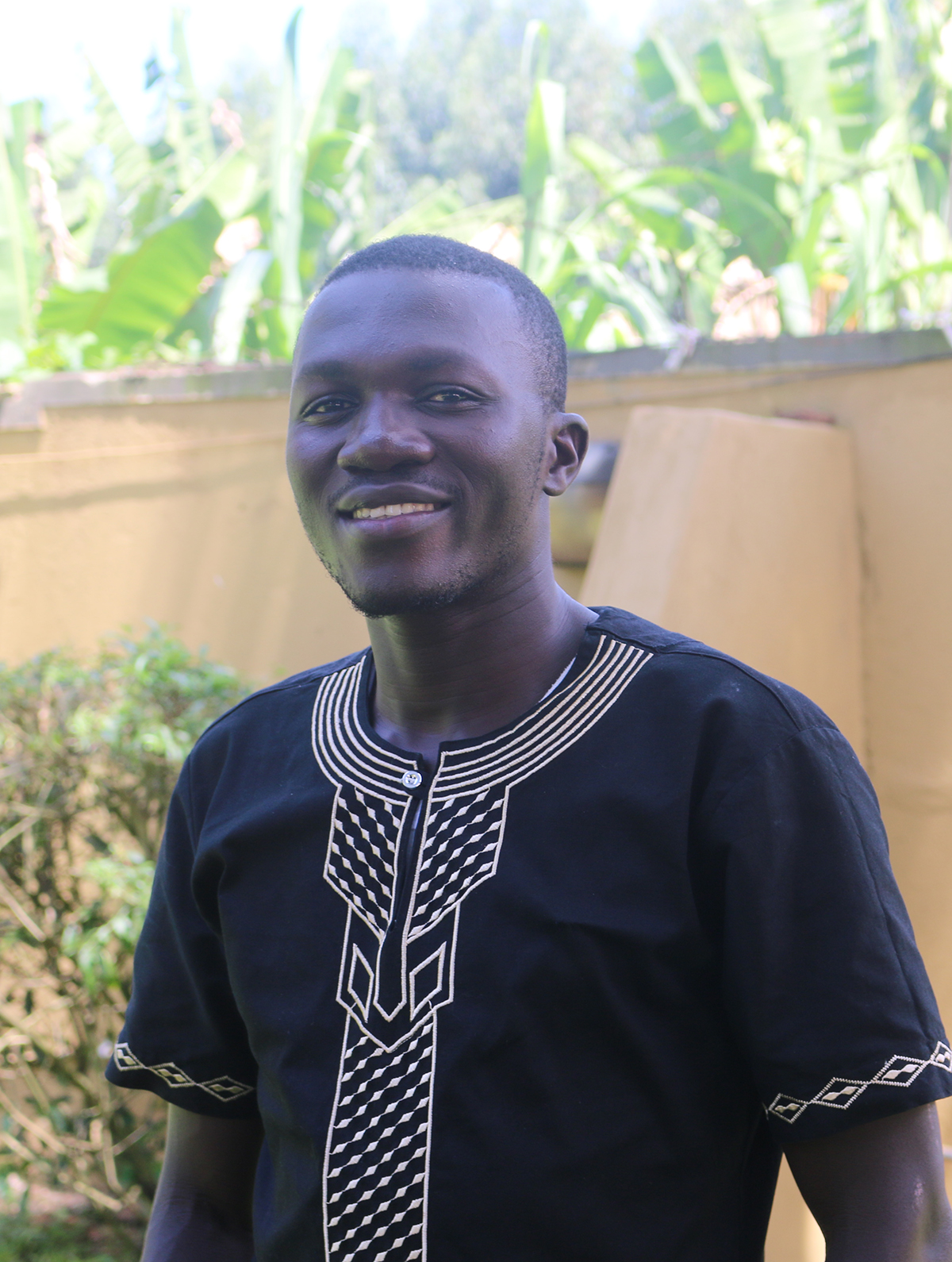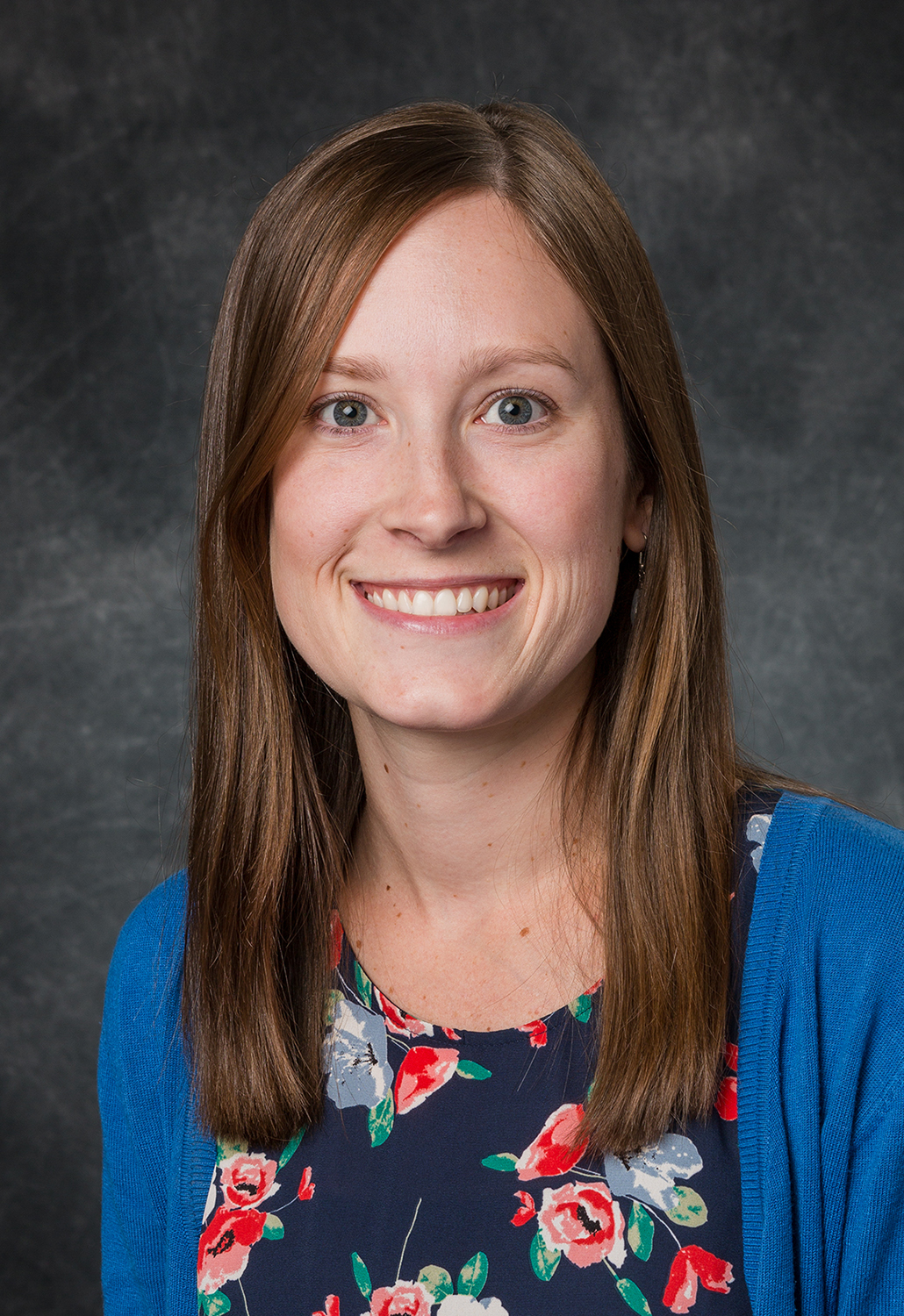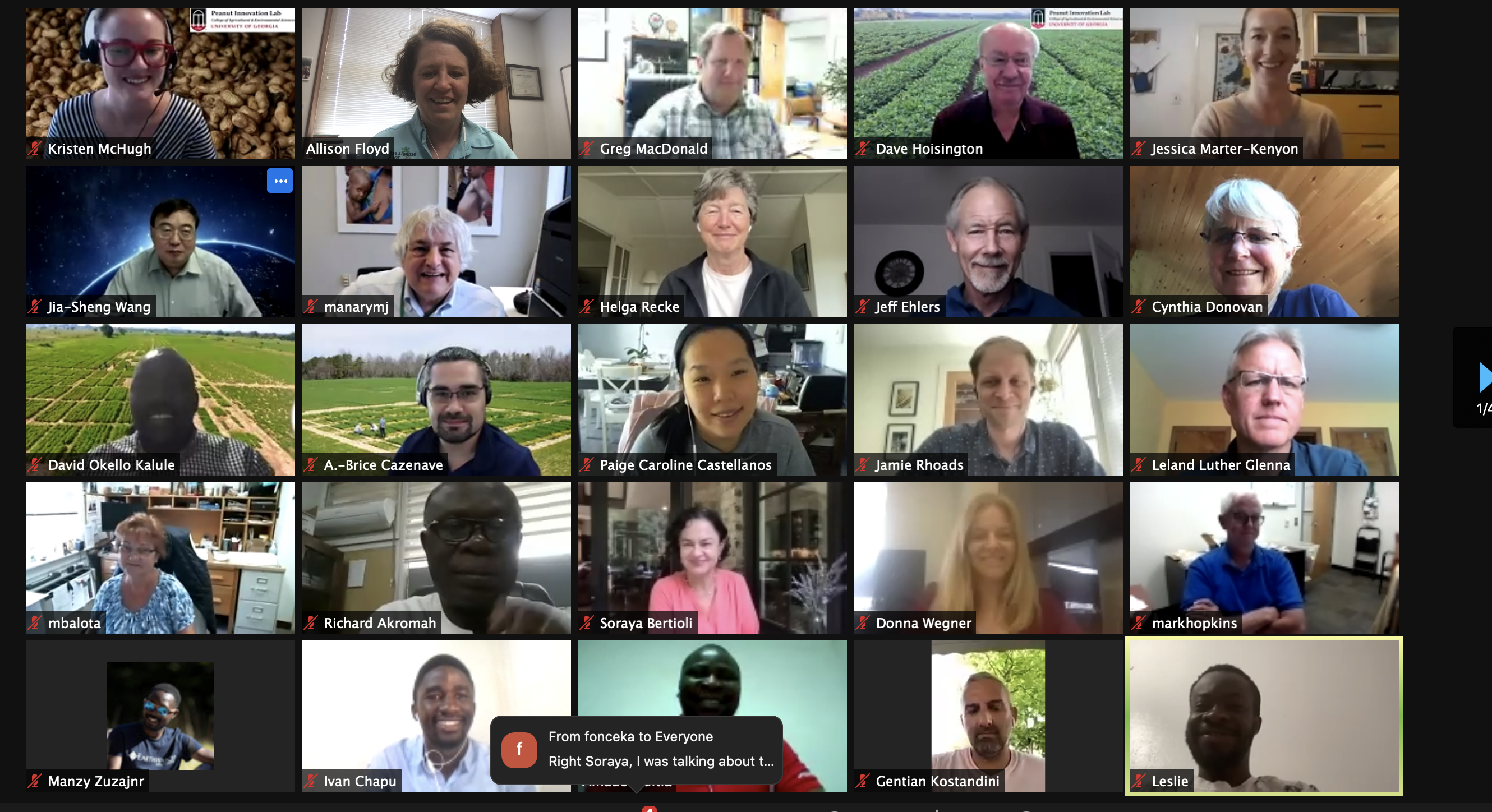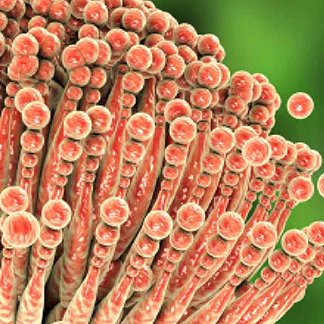 CAES News
CAES News
Aflatoxin course
Though scientists have known the source of aflatoxin for decades – fungi that infect crops like groundnut and maize and leave behind toxin – more work needs to be done to keep aflatoxin out of the food supply. That work involves educating producers and aggregators about proven ways to minimize the risk of fungal infection, continuing to build testing infrastructure and researching ways to fight contamination from the field to storage to manufacturing. To continue to spread basic knowledge of aflatoxin, the Feed the Future Innovation Lab for Peanut has added a course to its digital learning platform, Groundnut Academy.

